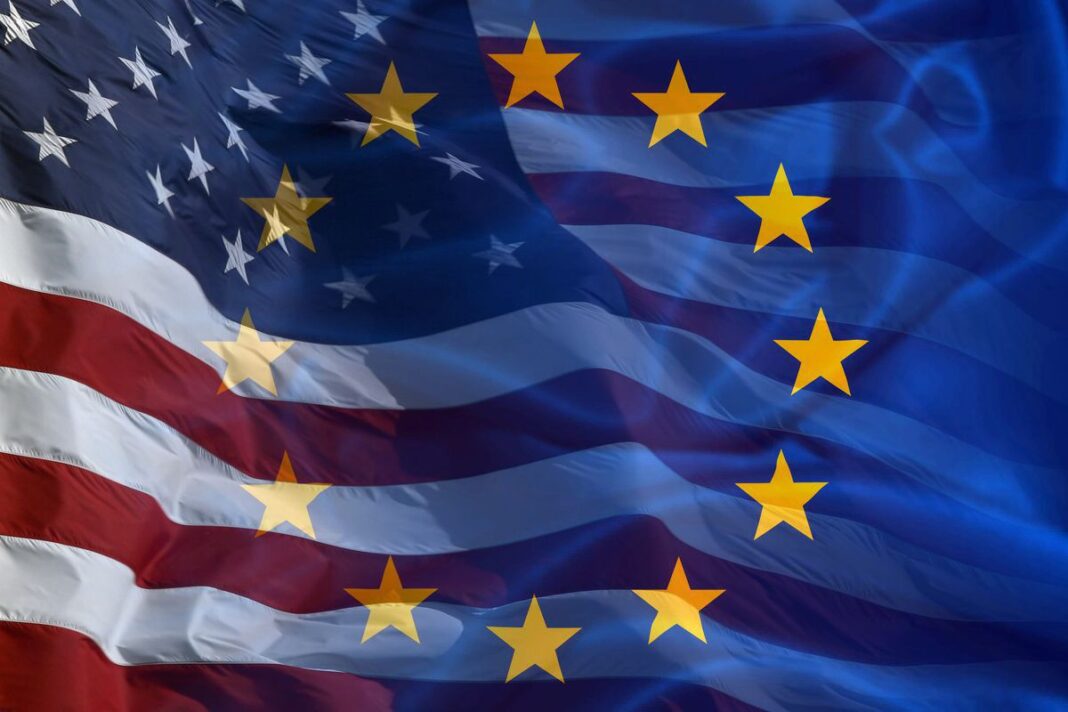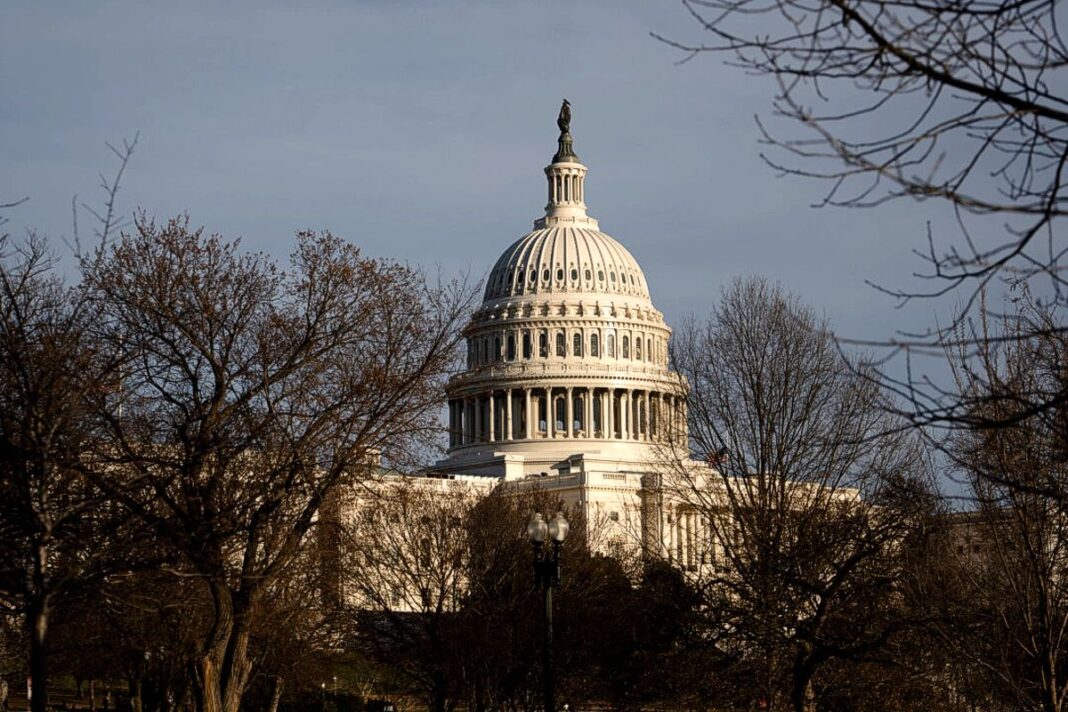The EU’s centralized decision-making and legal framework make it difficult for member states to alter or retract the Digital Services Act, say MEPS.
The Trump administration has hinted at a showdown with Europe over regulation of Big Tech.
On many battle fronts with Europe, the United States can squeeze or tempt individual nations into helping shape the continent’s response, or it can deal with issues nation by nation.
However, when it comes to the EU’s flagship internet control laws—which the United States says gag free speech—even if Europe’s leaders and nations want to water it down, ignore it, or retract it, they are powerless.
To wrest back internet controls, say experts, the United States will have to grapple directly with the regulatory leviathan of the European Union itself, its 800 members of the European Parliament, and its complex politics.
The Digital Services Act (DSA) and the Digital Markets Act (DMA) form a single set of rules under the Digital Services Act package that apply across the European Union.
Last month, the chairman of the U.S. Federal Communications Commission (FCC), Brendan Carr—a Republican appointed to the FCC helm by President Donald Trump in January—said that DSA’s approach was “something that is incompatible with both our free speech tradition in America and the commitments that these technology companies have made to a diversity of opinions.”
In February, Rep. Jim Jordan (R-Ohio) said that he wants clarity on the accusation that fines from DMA cases are a “European tax on American companies.”
Adina Portaru, who is senior counsel for Europe for U.S. faith-based legal advocacy organization ADF International, shared the Trump administration’s concerns and said the DSA has a “censorious effect” on online speech.
Portaru told The Epoch Times by email that “momentum is building both within and outside the EU against the DSA and we continue to monitor the situation for potential avenues to challenge or support efforts to repeal the legislation.”
However, the EU has repeatedly disagreed with the United States’ claims of censorship and has said that the law is meant to make the online environment safer and fairer by compelling tech giants to do more to tackle illegal content, including hate speech and child sexual abuse material.
Those familiar with the inner workings of the EU warn that overturning the legislation will be much harder than pushing a single nation to change its laws.
German MEP Christine Anderson, who is a politician for the right-wing Alternative for Germany (AfD), points out that EU lawmakers are very limited in what they can do.
She told The Epoch Times the EU Parliament itself does not propose new legislation; it can only pass it, which limits what politicians can do.
The European Parliament and European Council work together to adopt or amend proposed laws, but the European Commission is the primary proposer.
“What we are doing is, we’re pretty much passing resolution,” she said.
MEPS can send nonbinding resolutions, which express their opinions or requests to the commission or council but do not have legal effects.
By Owen Evans







